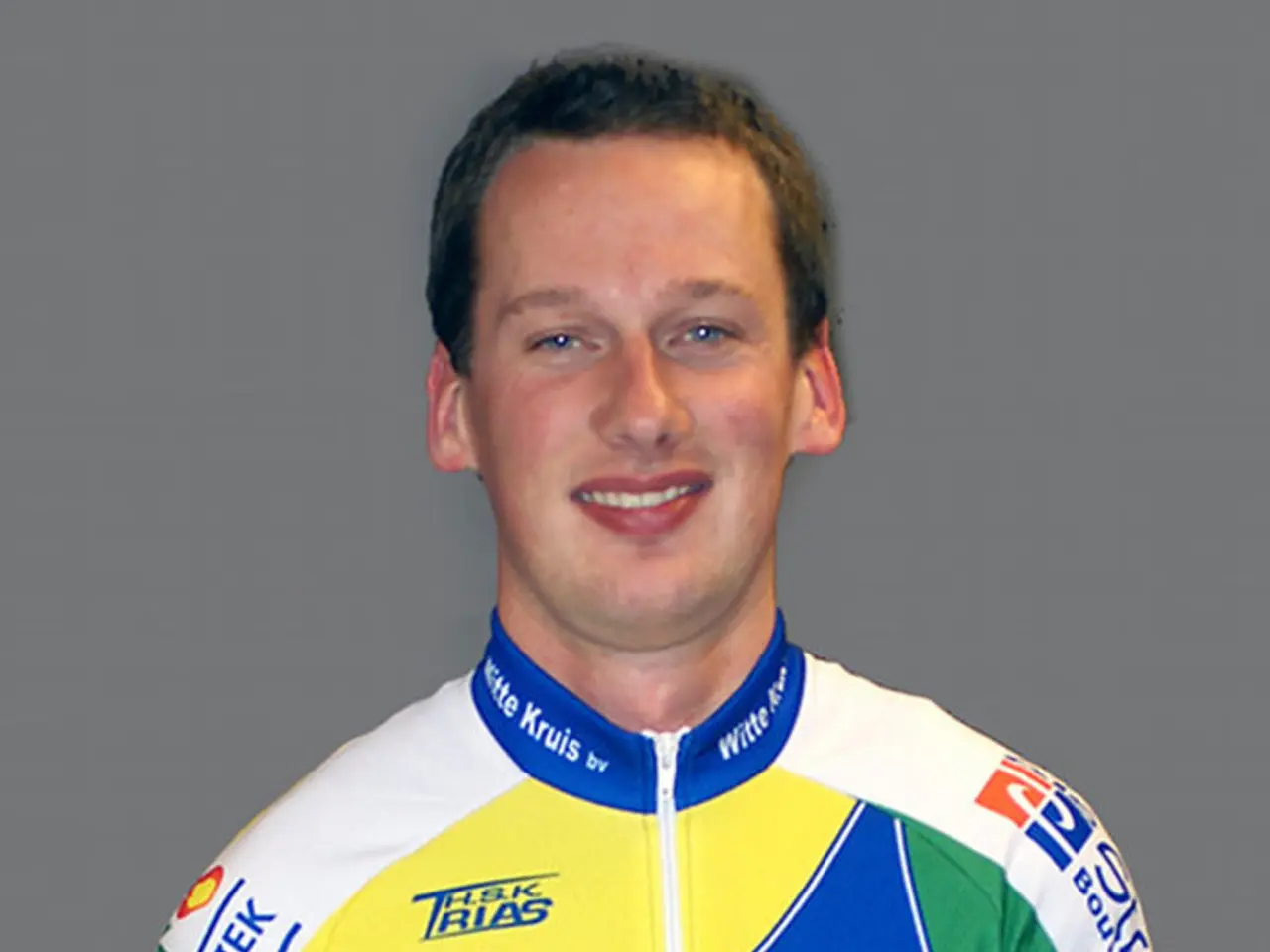NFL Debut of Kalshi Demonstrates Higher Pricing compared to Sportsbooks
Kalshi Faces Legal Challenges and Competitive Pressure in Sports Betting Market
In the rapidly growing world of sports betting, Kalshi finds itself at the centre of a storm. The company is facing legal challenges due to accusations of operating illegal sports gambling on tribal lands, as stated in lawsuits filed by several tribes in the Southern District Court of New York and the Northern District of California.
The lawsuits allege that Kalshi's sports betting contracts, which include money line and over/under contracts, should be regulated like those offered by traditional sportsbooks. The plaintiffs argue that these contracts are indistinguishable from the services provided by established sportsbooks.
Despite these legal hurdles, Kalshi has not halted its expansion ambitions. The company has introduced new products such as point spreads, over/unders, and touchdown props, bringing its offerings closer to those of traditional sportsbooks.
However, when it comes to pricing, Kalshi lags behind the two major betting platforms, DraftKings and FanDuel. During the NFL Week 1 season, Kalshi's money line and over/under contracts were priced consistently worse. On Friday before games commenced, Kalshi's money line odds were approximately 10% more expensive than DraftKings and about 16% worse than FanDuel. For over/under bets, Kalshi charged nearly 25% and 23% more than DraftKings and FanDuel, respectively.
The fees on Kalshi, though not hefty on their own, erode the benefit of exchange-style pricing for casual bettors. Retail traders pay an average of $1.63 for 100 money line contracts and $1.75 for over/under positions on Kalshi. These fees, according to the plaintiffs, should be accounted for when determining the fairness of the pricing.
One area where Kalshi falls short compared to traditional sportsbooks is in offering parlay-style wagers. Early settlement, most valuable for parlays, is limited on Kalshi. The company's cash-out feature also has significant limitations.
It is worth noting that institutional players and market makers can potentially receive better rates on Kalshi, but ordinary users see no such benefit. This disparity in pricing is largely due to Kalshi's fee structure, which sets it apart from the two major betting platforms.
Given these factors, it appears that Kalshi poses little immediate competitive threat to established sportsbooks in regulated states. However, the company's innovative approach to sports betting could potentially disrupt the market in the future, depending on how the legal challenges are resolved.
Read also:
- Peptide YY (PYY): Exploring its Role in Appetite Suppression, Intestinal Health, and Cognitive Links
- Toddler Health: Rotavirus Signs, Origins, and Potential Complications
- Digestive issues and heart discomfort: Root causes and associated health conditions
- House Infernos: Deadly Hazards Surpassing the Flames





